These are the dimensions of the philosophical issue that Aristotle ended up saying the first cause and the first engine of existence.
These dimensions were not clear in my mind at the time.
I had not yet known who Aristotle was or what the first laws of logic and controversy were.
It took thirty years with drowning in books and thousands of nights of solitude, meditation, dialogue with oneself, reconsideration, and then reconsideration of reconsideration. Then flipping the thought on every face to cut the thorny path from God and man to the mystery of life to the mystery of death to the words I write today on the path of certainty. Because I didn’t want to take it easy.
save
د.ا1.42My journey from doubt to faith
د.ا2.13د.ا3.55
I refused to worship God because I was immersed in worshipping myself and admired the flash of light that began to flash in my mind with the opening of consciousness and the beginning of the awakening from the cradle of childhood.
This psychological state was behind the controversial scene that recurs every day. I also missed the origins of logic and I am dealing with logic and I did not realize that I am contradicting myself as I recognize the Creator and then say who created the Creator and make him a creature at the time when I call him a creator, which is sophistry itself.
Moreover, to say a first cause of existence requires that this cause must exist in itself and not dependent or need others to exist. If a cause needs a cause, this makes it one of the causal links and does not make it a first cause.
| Author | |
|---|---|
| Year |
Customer Reviews
There are no reviews yet.
You may also like…
-
Sophie’s World
د.ا15.62is a 1991 novel by Norwegian writer Jostein Gaarder. It follows Sophie Amundsen, a Norwegian teenager, who is introduced to the history of philosophy as she is asked “Who are you?” in a letter from an unknown philosopher.[1] The nonfictional content of the book aligns with Bertrand Russell’s A History of Western Philosophy.[2]
د.ا17.75 -
Anichatin and relativity
د.ا2.13In this book, its author, Dr. Mustafa Mahmoud, tries in his style known as ease and extreme logic in understanding the theory of relativity of the physicist Albert Einstein so that it suits the understanding and perception of the general public, and in a strong objection to limiting information to a few scientists under the pretext of depth and specialization, which may lead to the isolation of science, supporting in his book what Einstein himself called for to spread science among people, Einstein hated scientific fortune-telling and fabrication of mystery, claim, and magnification, and he used to say that the truth Never mind.
د.ا4.26 -
Soul and body
د.ا2.13“True happiness is a deep state of tranquility in which there is less need to speak and no desire to gossip. It is a state of joyful inner vision, a sense of reconciliation with the soul, the world and God, a deep conviction of the justice inherent in all existence, and an acceptance of all sufferings in contentment and smiling.”
“Oh God, make my call with you alone, for you alone know, and do not oppress, and do not change words and judgments, and do not lose your love”
“Silence full of feeling has a stronger judgment than the rule of the wordد.ا4.26
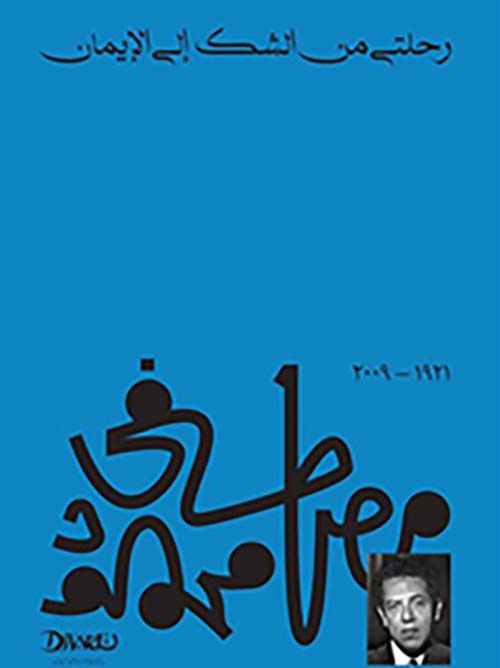
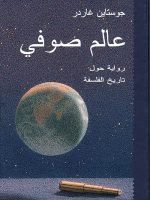
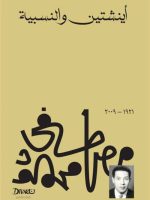
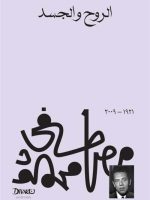


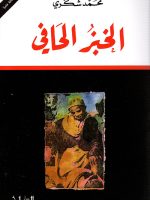

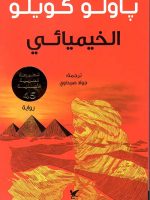
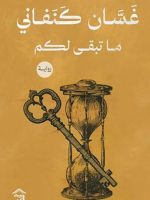


Be the first to review “My journey from doubt to faith”